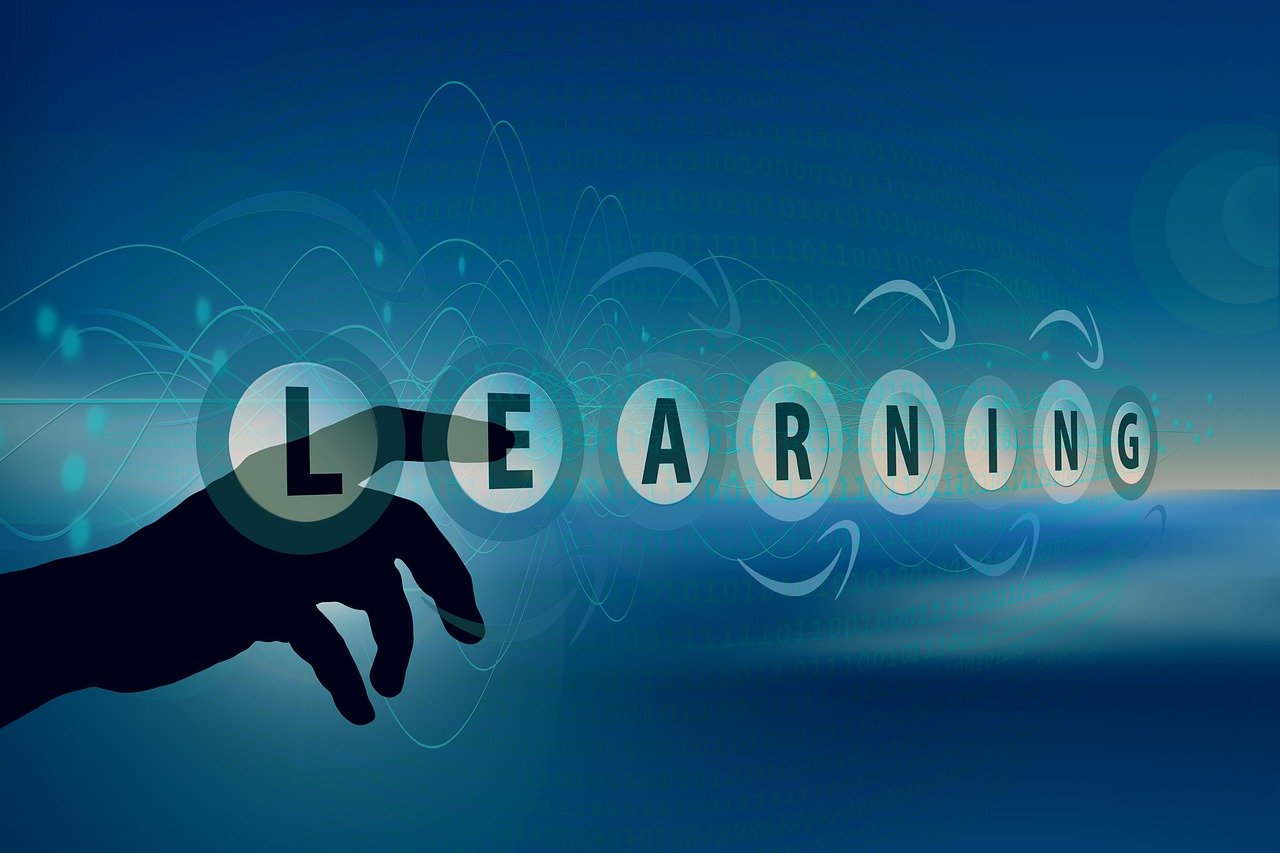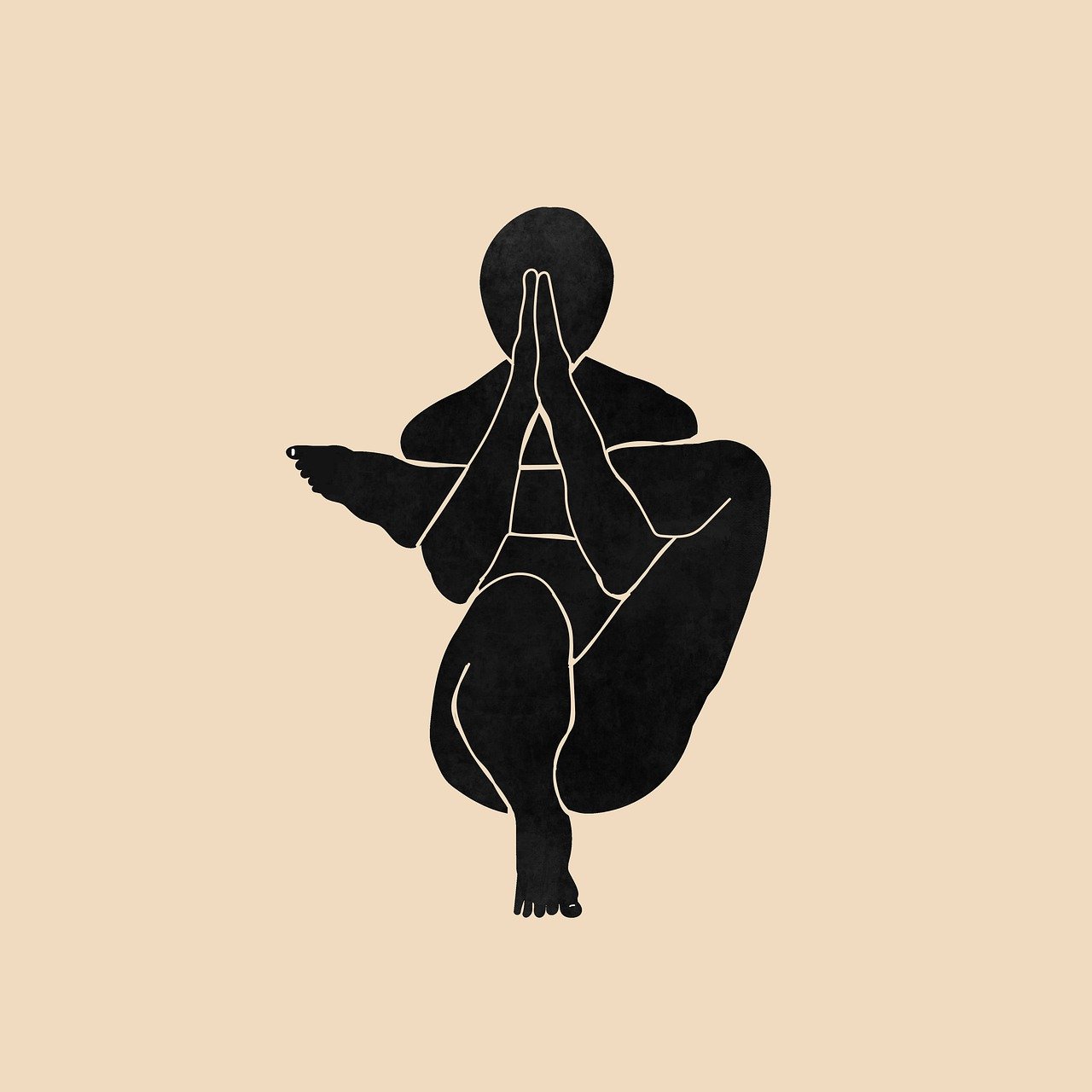the view from here
It’s been fun to look back on 2024 and see how much has really changed for me on the inside this past year. Here are the themes of my year: Unlearning Learning has been one of the throughlines of my life. I love learning enough to have gutted out a Ph.D., and to have dragged […]
Read it
It dawned on me recently that I need more romance in my life. But the kind of romance I’m talking about has nothing to do with my marriage or my love life. I first read “The Rhythm of Education” by philosopher Alfred North Whitehead (let’s call him ANW) back in 1989. I instantly loved it. […]
Read it
I remember the fun I had as a teacher many years ago whenever I would assign my students the article “Body Ritual Among the Nacirema.” It’s a masterwork of stepping back and looking at our own culture through the innocent and fresh eyes of an anthropologist. The conversations that ensued were always filled with surprise […]
Read it
I’ve been a coach for more than 10 years, and over hundreds of conversations in that time, I’ve learned a lot about the pain, sometimes crushing and unbearable, that we experience as human beings. Tragic, violent, and horrible things happen to people. I have sat with people who have had these things happen to them, […]
Read it
I was talking with someone recently who was wanting support to break the cycle of overwhelmingly anxious thinking – the kind that swallows you up and makes it hard to carry on with life. As I listened to the description of what it felt like in this person’s head, I thought of all the dogs […]
Read it
“Are we there yet?” Chances are pretty good that you’ve experienced being a driver and hearing this question from the back seat. Now imagine if you heard this not as a question, but as a statement. “Are we there yet?” Oh no! We’re not there yet. Shit! I thought we’d be there by now. Oh […]
Read it
My heart aches for all the hurt, and hate, and loss, and grief that surrounds the Palestinian-Israeli conflict. And almost every time I talk with anyone about it, I am reminded of the danger of a single story. If ever there was a story with layers and layers of complexity and nuance, trauma upon trauma, […]
Read it
The spiritual path has been so richly rewarding for me. It has saved me from my own over-thinking, it has led to an effortlessly beautiful marriage, and it has allowed glimpses into a deeper self that is always whole, unbroken, and okay. And yet, despite 20 years of dedicated spiritual seeking, and some undeniably transcendent […]
Read it
Almost 2 years ago, I had this funny experience, which felt a little bit like realizing I had a nose on my face. Here’s how it went. I noticed Sumaya was doing all sorts of unusual “exercises,” often with accompanying sounds that I wasn’t used to hearing her make. From the other room, I’d hear […]








